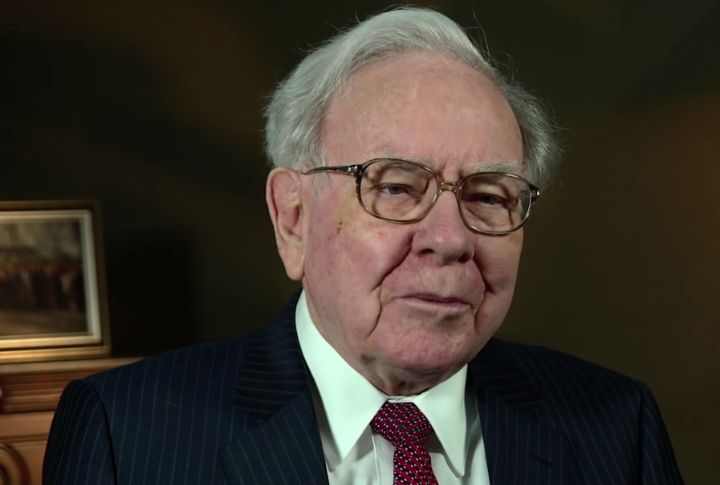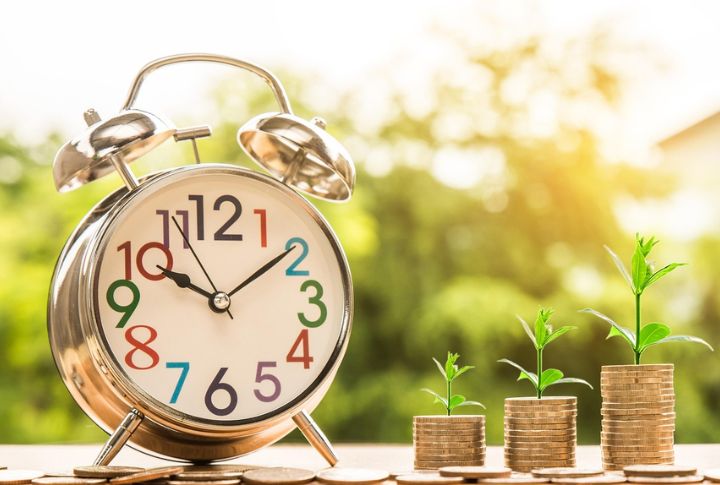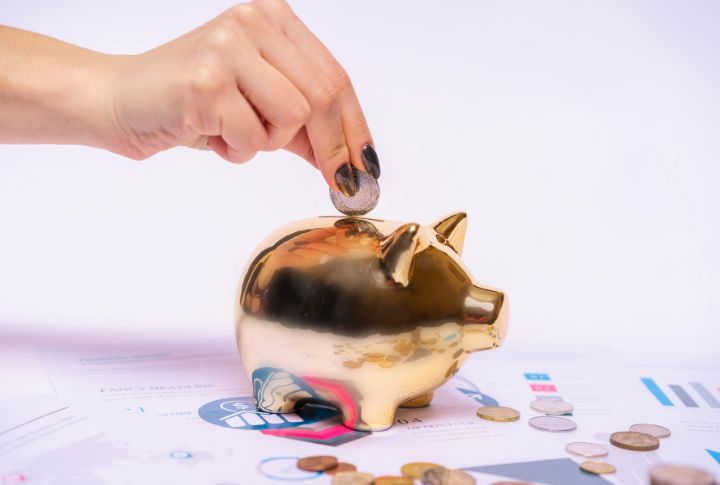
Most investors overlook the strategies Buffett actually uses because they seem too simple to matter. He relies on discipline and logic instead of chasing short-term trends or hype. Every move focuses on growth that lasts, and not quick wins. Ready to see how he quietly builds wealth that keeps compounding? Here’s exactly how he does it.
Invest Only In What You Understand

Buffett refuses to buy confusion. Before putting money anywhere, he learns the business inside out—like he’s running it himself. Fancy tech he doesn’t grasp? He skips it entirely. This discipline keeps him grounded. Real wealth comes from investing in what truly makes sense to you and aligns with your understanding.
Hold Investments For The Long Haul

For Buffett, time is his greatest ally. He avoids chasing quick gains and prefers to hold great businesses for decades, sometimes forever. Short-term market swings never shake his confidence. His Coca-Cola investment from 1988 remains a classic example: long-term patience, consistent performance, and compounding growth always win.
Buy Quality Businesses With Lasting Moats

Buffett looks for companies with strong “moats” — lasting advantages that protect them from competition. Whether it’s Coca-Cola’s brand or Apple’s ecosystem, he invests in businesses built to endure. Rather than chasing short-term trends, he supports companies built on strong foundations and lasting customer trust that stand firm over time.
Pay Less Than True Intrinsic Value

The market does not always price things correctly, and Buffett understands this well. When a quality company trades below its real value, that’s its opportunity. Overpaying can wipe out future gains before they even begin. So, the math comes first—determine the true worth, then buy only when a clear bargain is in sight.
Always Maintain A Margin Of Safety

Before investing, Buffett always builds a cushion of safety — paying prices that keep risk low and potential returns high. This gap protects him from mistakes, bad timing, or market dips. It’s a timeless principle from Benjamin Graham, the father of value investing, that keeps his portfolio steady and his confidence strong for the long run.
Keep Cash Ready For Rare Opportunities

Buffett treats cash as dry powder — ready for action when markets panic. While others sell in fear, he buys great companies at bargain prices. Therefore, this discipline lets him act decisively when opportunity knocks. Cash isn’t idle in Buffett’s world; it’s a quiet strength waiting for the perfect pitch.
Trust Management, Not Market Predictions

Markets move in mysterious ways, but great managers don’t. Buffett hunts for leaders who combine three rare traits: serious competence, total honesty, and real commitment to shareholders. When he finds that magic combo, Buffett invests and gets out of the way. Betting on capable people beats betting on unpredictable markets every single day.
Ignore Hype And Market Noise Completely

Buffett tunes out the daily chatter of the stock market. He does not chase “hot” stocks or headlines — he focuses on business fundamentals. His philosophy is simple: “The market exists to serve you, not instruct you.” Staying calm, rational, and grounded in facts always surpasses following the crowd.
Be Greedy When Others Are Fearful

You know Buffett’s famous quote: “Be greedy when others are fearful.” Market crashes? That’s his buying signal. Panic drives prices down on solid companies, thereby creating bargains everywhere. Most investors run away—Buffett runs toward the opportunity. Fear is temporary; quality businesses bounce back.
Reinvest Dividends To Fuel Compounding Growth

Buffett’s secret is simple: let your money make more money. Instead of pocketing dividends, reinvest them. That’s why Berkshire Hathaway, his investment company, rarely pays dividends—he’d rather let profits compound. The effect multiplies over time, with gains feeding on one another to create unstoppable growth.
